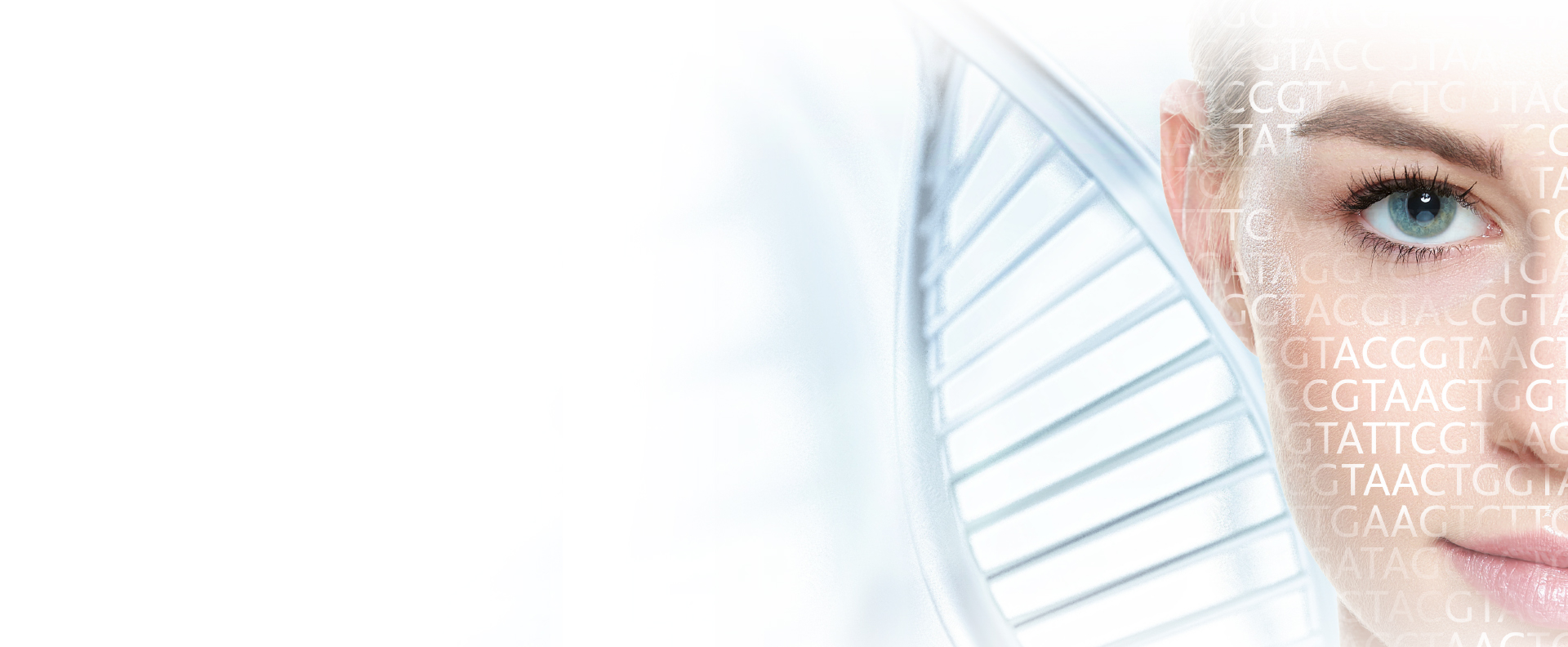IllnessMuscle glycogenoses, differential diagnosis
Summary
Comprehensive differential diagnostic panel for Muscle glycogenoses comprising 10 core candidate genes and altogether 25 curated genes according to the clinical signs
| Locus type | Count |
|---|---|
| Gen | 22 |
45,1 kb (Extended panel: incl. additional genes)
- EDTA-anticoagulated blood (3-5 ml)
NGS +
Loci
Gen
| Name | Exon Length (bp) | OMIM-G | Referenz-Seq. | Heredity |
|---|---|---|---|---|
| AGL | 4599 | NM_000642.3 | AR | |
| ALDOA | 1095 | NM_184041.5 | AR | |
| ENO3 | 1305 | NM_053013.4 | AR | |
| GAA | 2859 | NM_000152.5 | ||
| GBE1 | 2109 | NM_000158.4 | AR | |
| LDHA | 999 | NM_005566.4 | AR | |
| PGAM2 | 762 | NM_000290.4 | AR | |
| PGK1 | 1254 | NM_000291.4 | XLR | |
| PHKB | 3282 | NM_000293.3 | AR | |
| PYGM | 2529 | NM_005609.4 | AR | |
| ANO5 | 2742 | NM_213599.3 | AR | |
| CPT2 | 1977 | NM_000098.3 | AD, AR | |
| GYG1 | 1053 | NM_004130.4 | AR | |
| GYS1 | 2022 | NM_002103.5 | AR | |
| LAMP2 | 1233 | NM_002294.3 | XL | |
| LIPA | 1200 | NM_000235.4 | AR | |
| PFKM | 2343 | NM_000289.6 | AR | |
| PGM1 | 1743 | NM_002633.3 | AR | |
| PHKA1 | 3633 | NM_002637.4 | XLR | |
| PHKA2 | 3708 | NM_000292.3 | XLR | |
| PHKG2 | 1221 | NM_000294.3 | AR | |
| RBCK1 | 1407 | NM_006462.6 | AR |
Informations about the disease
Glycogen storage diseases (glycogenoses, GSDs) are metabolic disorders caused by enzyme defects due to disturbed glycogen synthesis, glycogen degradation or glycolysis, typically in the muscles. Depending on the enzyme defect and its expression in the liver, kidney, skeletal muscle and/or heart, the clinical signs vary from one disease entity to another. Liver GSDs often occur with fasting hypoglycemia (and hepatomegaly). Muscle GSDs occur in two ways: with exercise intolerance and rhabdomyolysis or fixed muscle weakness without rhabdomyolysis. Stress intolerance and rhabdomyolysis frequently occur in dynamic disorders such as McArdle and Tarui disease, while fixed muscle weakness without rhabdomyolysis occurs in cytoplasmic disorders associated with glycogenolysis defects. Most muscle GSDs are inherited autosomal recessively, rarely X-linked recessively. The DNA diagnostic yield is not known exactly. Therefore, an inconspicuous genetic finding does not exclude a suspected clinical diagnosis.
Reference: file:///C:/Users/EppleJoe/AppData/Local/Temp/atm-06-24-474.pdf
- Alias: Muscle glycogenoses
- Allelic: CPT II deficiency, lethal neonatal (CPT2)
- Allelic: Cirrhosis due to liver phosphorylase kinase deficiency (PHKG2)
- Allelic: Encephalopathy, acute, infection-induced, 4, susceptibility to (CPT2)
- Allelic: Gnathodiaphyseal dysplasia (ANO5)
- CPT II deficiency, infantile (CPT2)
- CPT II deficiency, myopathic, stress-induced (CPT2)
- Cardiomyopathy, hypertrophic 6 (PRKAG2)
- Cholesteryl ester storage disease (LIPA)
- Danon disease (LAMP2)
- Epilepsy, progressive myoclonic 2A, Lafora (EPM2A)
- Epilepsy, progressive myoclonic 2B, Lafora (NHLRC1)
- Glycogen storage disease 0, muscle (GYS)
- Glycogen storage disease II (GAA)
- Glycogen storage disease IIIa, IIIB (AGL)
- Glycogen storage disease IV (GBE1)
- Glycogen storage disease IXa1 [alias: Glycogen storage disease VIII], IXa2
- Glycogen storage disease IXb (PHKB)
- Glycogen storage disease IXc (PHKG2)
- Glycogen storage disease IXd (PHKA1)
- Glycogen storage disease V; McArdle disease (PYGM)
- Glycogen storage disease VI (PYGL)
- Glycogen storage disease VII (PFKM)
- Glycogen storage disease X (PGAM)
- Glycogen storage disease XI (LDHA)
- Glycogen storage disease XII (ALDOA)
- Glycogen storage disease XIII (ENO3)
- Glycogen storage disease XIV; Congenital disorder of glycosylation, type It (PGM1)
- Glycogen storage disease XV (GYG1)
- Glycogen storage disease of heart, lethal congenital (PRKAG2)
- Miyoshi muscular dystrophy 3 (ANO5)
- Muscle glycogenosis (PHKA1)
- Muscular dystrophy, limb-girdle, AR 12 (ANO5)
- Phosphoglycerate kinase 1 deficiency (PGK1)
- Phosphorylase kinase deficiency of liver and muscle, AR (PHKB)
- Polyglucosan body disease, adult form (GBE1)
- Polyglucosan body myopathy 1 with/-out immunodeficiency (RBCK1)
- Polyglucosan body myopathy 2 (GYG1)
- Wolff-Parkinson-White syndrome (PRKAG2)
- Wolman disease (LIPA)
- AD
- AR
- XL
- XLR
- Multiple OMIM-Ps
Bioinformatics and clinical interpretation
No text defined

